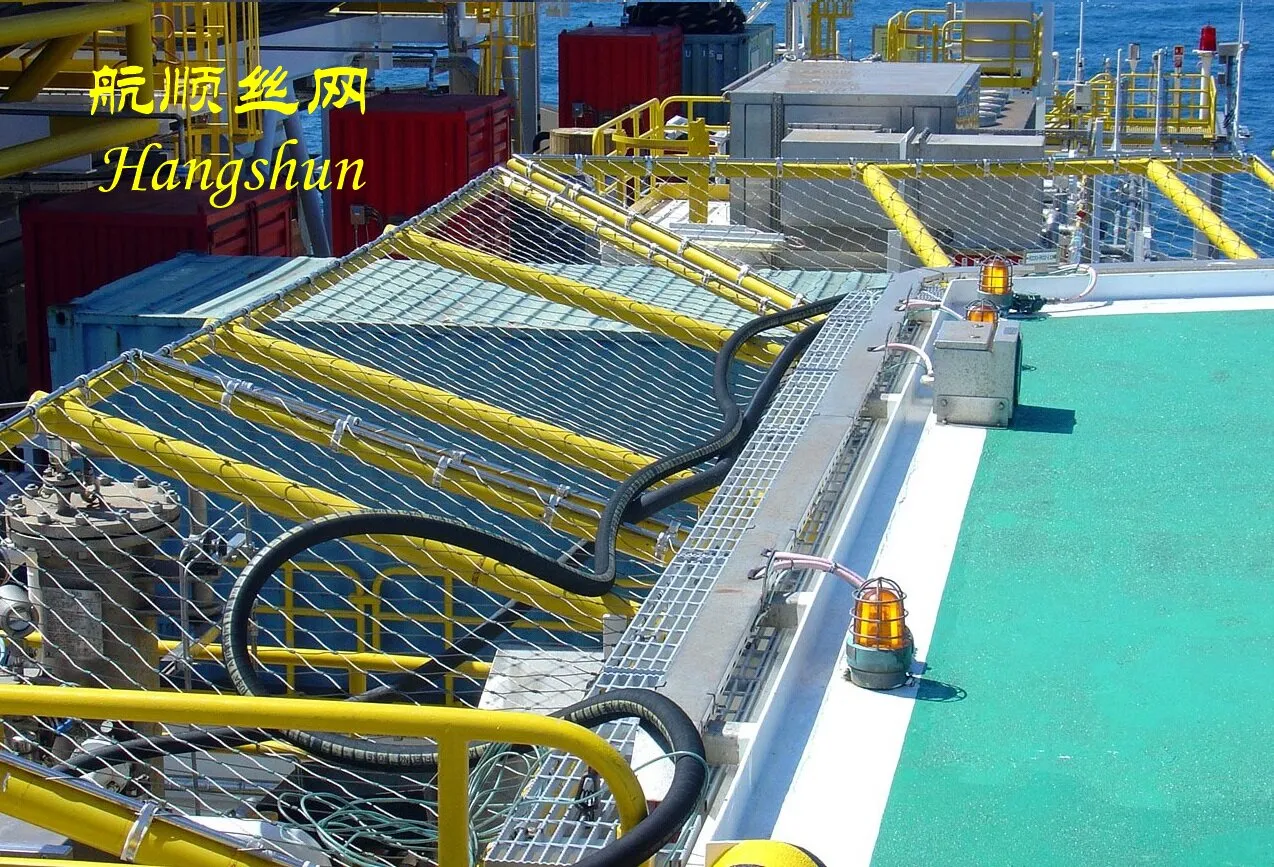- Industrial zone, South of Anping Town, Hengshui, Hebei, China.
- sales@hfpetromesh.com
- +86-18931809706
1 月 . 15, 2025 09:11
Back to list
safety net
Navigating the world of consumer products, the concept of a safety net introduces a crucial layer of protection and assurance. A safety net, in the realm of products, refers to the strategies and measures companies implement to ensure customer safety, satisfaction, and long-term trust. This concept is becoming increasingly indispensable as we purchase more complex and interconnected products.
Beyond the product itself, a comprehensive safety net includes exceptional customer service. Authoritativeness in brand reputation is maintained through effective after-sales support and readily available resources, such as detailed tutorials, FAQs, and responsive helplines. When customers know they can turn to genuinely helpful support teams, their trust in the brand deepens. A common feature seen in leading companies is the implementation of user-friendly return and warranty policies, which showcase a company's confidence in its products and a genuine commitment to consumer satisfaction. Furthermore, credibility is bolstered through transparent communication. Companies that openly share the challenges they face and how they overcome them, as well as those who actively seek and respond to customer feedback, build unparalleled trust with their consumers. This transparency fosters an environment where consumers feel valued, as they see the tangible effects of their feedback in product enhancements. In product landscapes that are ever more intricate and interconnected, a well-implemented safety net is indispensable. It reflects a brand's experience and commitment to expert craftsmanship, authoritative support, and unwavering trustworthiness. Customers are now, more than ever, looking beyond superficial features and pricing. They seek security in their investments and assurance of a brand's responsibility towards its consumers and the broader community. When companies prioritize the development of their safety nets, they ensure not only the safety of their customers but also carve out authoritative positions in their respective industries.


Beyond the product itself, a comprehensive safety net includes exceptional customer service. Authoritativeness in brand reputation is maintained through effective after-sales support and readily available resources, such as detailed tutorials, FAQs, and responsive helplines. When customers know they can turn to genuinely helpful support teams, their trust in the brand deepens. A common feature seen in leading companies is the implementation of user-friendly return and warranty policies, which showcase a company's confidence in its products and a genuine commitment to consumer satisfaction. Furthermore, credibility is bolstered through transparent communication. Companies that openly share the challenges they face and how they overcome them, as well as those who actively seek and respond to customer feedback, build unparalleled trust with their consumers. This transparency fosters an environment where consumers feel valued, as they see the tangible effects of their feedback in product enhancements. In product landscapes that are ever more intricate and interconnected, a well-implemented safety net is indispensable. It reflects a brand's experience and commitment to expert craftsmanship, authoritative support, and unwavering trustworthiness. Customers are now, more than ever, looking beyond superficial features and pricing. They seek security in their investments and assurance of a brand's responsibility towards its consumers and the broader community. When companies prioritize the development of their safety nets, they ensure not only the safety of their customers but also carve out authoritative positions in their respective industries.
Share
Prev:
Next:
Latest news
-
The Power of Pyramid Shaker Screen - A 3-Dimensional SolutionNewsOct.24,2024
-
Exploring the Versatility and Durability of Steel GratingNewsOct.24,2024
-
Revolutionizing Drilling Efficiency with Steel Frame Shaker Screens for Mud Shale ShakersNewsOct.24,2024
-
Potential of Shale Shaker ScreensNewsOct.24,2024
-
Offshore Pipeline Counterweight Welded Mesh - Reinforced Mesh in Marine EngineeringNewsOct.24,2024
-
Revolutionizing Offshore Pipeline Stability with Concrete Weight Coating MeshNewsOct.24,2024
